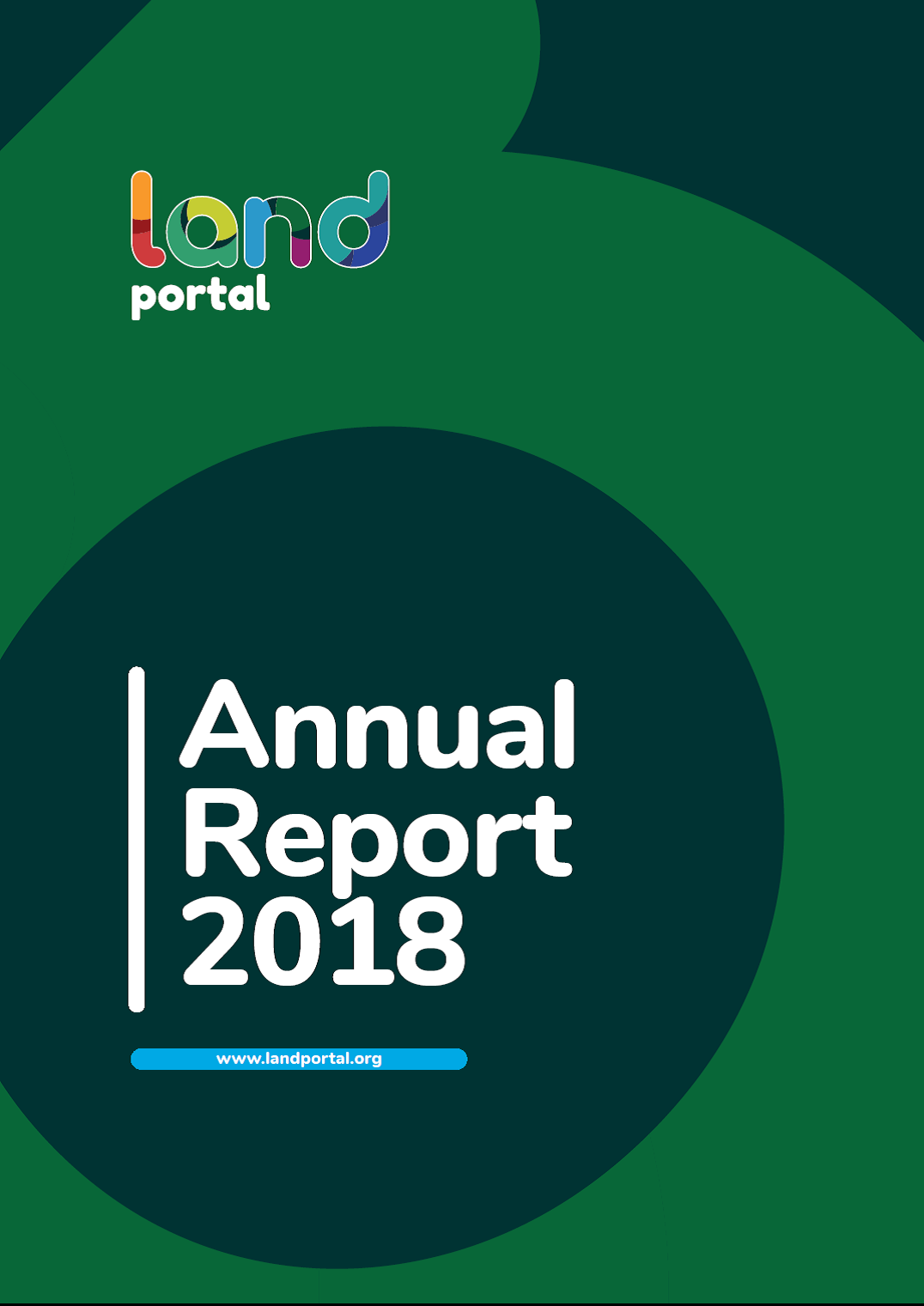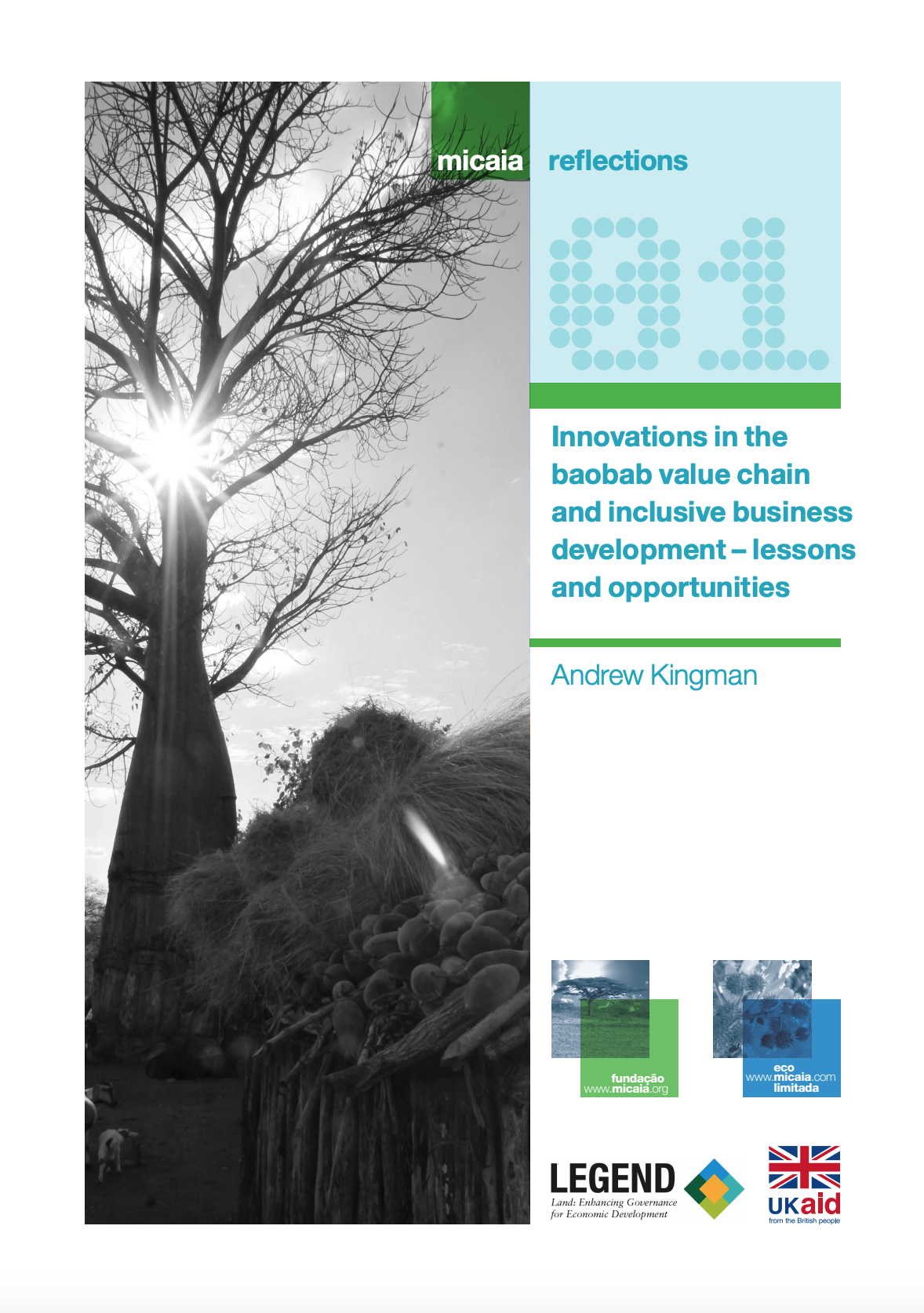Making their voices count: the African women protecting their land rights
New public policies and changing economic fundamentals have spurred private sector investment in commercial agriculture in low- and middle-income countries. Growing numbers of policies and programmes aim to integrate small-scale rural producers into agricultural value chains;based on concepts such as ‘inclusive businessand ‘shared value’.









